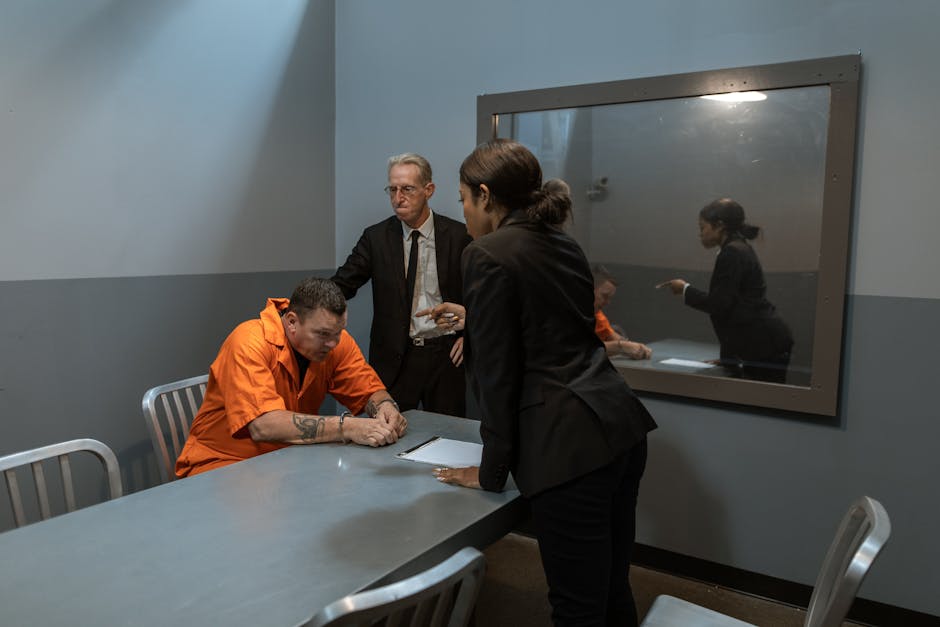The concept of a jury, a body of laypeople deciding factual disputes, is deeply ingrained in many legal systems. Crucially, its role extends beyond a simple mechanism for verdict delivery. Juries act as a vital link between legal theory and real-world application, offering a crucial counterbalance to potential biases and complexities within the judicial process. This article will explore the multifaceted role of juries in legal systems, considering their strengths, limitations, and evolving importance in the modern era.
A Fundamental Pillar of Justice: Trial by Peers
Historically, the practice of trial by jury has roots in the desire for fairness and impartiality. By entrusting judgments to a group of ordinary citizens, rather than solely to professional judges, legal systems aim to ensure a more representative and less biased perspective. This “peer review” concept provides an essential layer of accountability and transparency, connecting the legal process to the values and beliefs of the community. Critically, this democratic element allows for a broader understanding of the specifics of the situation, which might be missed by judges steeped in legal technicalities.
Diverse Functions, Complex Dynamics
Beyond simple fact-finding, juries perform a range of functions. The most common, and often the most scrutinized, is their role in determining guilt or innocence in criminal trials. However, they also play a significant part in civil cases, from personal injury claims to contractual disputes. In these contexts, the jury acts as an independent arbiter, applying the law to the specific facts presented by each side. This process is further nuanced by the specific legal structure of the jurisdiction. Some systems employ grand juries, which investigate potential criminal offenses, separate from the trial jury determining guilt or innocence.
The Burden of Proof: Ensuring Fairness
An integral aspect of jury duty is understanding and applying the burden of proof. In most common law systems, the prosecution (or plaintiff in civil cases) must demonstrate, beyond a reasonable doubt, the guilt of the defendant (or the liability of the respondent). This exacting standard reflects a societal commitment to avoiding wrongful convictions. The jury, acting as impartial gatekeepers, is vital in ensuring that this principle is meticulously observed. They weigh the evidence presented, assess witness credibility, and determine if the prosecution has met its burden. This requires not only legal knowledge but also critical thinking and a reasoned approach to evaluating evidence.
Limitations and Challenges: Biases and Misunderstandings
Despite their potential, juries are not without weaknesses. Jurors, being ordinary citizens, may harbour unconscious biases, which can unintentionally influence their decisions. Studies have explored the impact of factors like race, gender, socioeconomic status, and even media portrayals on jury verdicts. Furthermore, the complexity of legal jargon and intricate evidentiary rules can present hurdles for jurors, potentially leading to misunderstandings. Educating jurors effectively on procedural intricacies is crucial for ensuring fair outcomes.
The Evolution of Jury Duty in the Modern World
Technological advancements are rapidly transforming the legal landscape. The use of video evidence, electronic records, and potentially AI-assisted interpretation of evidence can both enhance and challenge the jury’s role. Concerns around the potential for bias or manipulation through presentation techniques underscore the ongoing need for rigorous training and careful management of this evolving legal environment. Modern systems are grappling with how to effectively integrate these new tools without compromising the fundamental principles of a fair trial.
The Jury’s Role in Public Discourse
The jury’s deliberation process often transcends the specifics of the case itself. The discussions within the jury room can serve as a vital barometer of community sentiment and societal values. In high-profile cases, jury verdicts can spark public discourse, highlighting the tension between individual rights, public safety, and societal expectations. It forces a public re-evaluation of the legal framework.
Conclusion: Maintaining Balance and Accountability
The jury system, while facing inherent challenges, remains a crucial component of many legal systems worldwide. Its role extends far beyond simply determining facts; it embodies a core democratic principlethat justice is best served when ordinary citizens play a direct role in the legal process. Maintaining the integrity of the jury system requires a continued focus on juror education, addressing potential biases, and adapting to the ever-evolving legal landscape. The balance between safeguarding individual rights and ensuring public safety, achieved through the thoughtful application of the law by a jury of peers, remains a fundamental challenge and a continued imperative.
